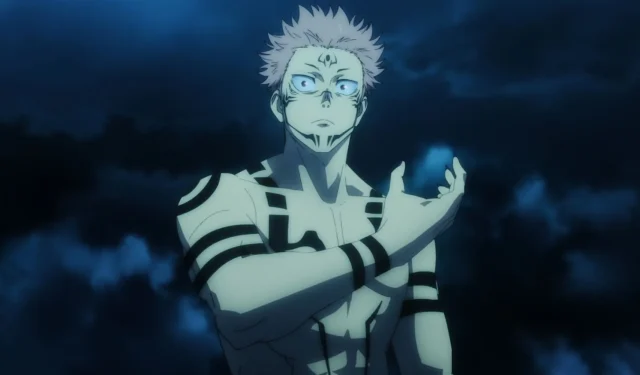Overview of Binding Vows in Jujutsu Kaisen
- In Jujutsu Kaisen, binding vows enable sorcerers to enhance their abilities while imposing significant risks for breaking these vows.
- Ryomen Sukuna is adept at utilizing binding vows strategically, which allows him to navigate limitations and maintain dominance in battles.
- Sukuna’s exceptional handling of binding vows enables him to manipulate encounters and overpower formidable adversaries.
Table of Contents
Binding vows—also known as blood pacts or unbreakable vows—are prevalent in supernatural and fantasy genres as magical contracts that exchange limitations for enhancements. Jujutsu Kaisen elevates this concept by allowing sorcerers to establish these vows with both themselves and others. This unique twist enables them to significantly amplify their powers, albeit at a potential cost: failing to uphold a vow results in the immediate loss of any benefits gained.
Ryomen Sukuna stands out as a master of this binding vow system. While many sorcerers approach binding vows with caution, Sukuna meticulously crafts his vows to optimize his strengths and alter the course of battle in unpredictable ways. Understanding his binding vows is crucial for appreciating his status as one of the most formidable antagonists in Jujutsu Kaisen.
Created by Gege Akutami, Jujutsu Kaisen first appeared in Weekly Shōnen Jump in 2018 and has since experienced meteoric success. The series has captured attention with its anime adaptation by MAPPA and the blockbuster prequel film, Jujutsu Kaisen 0. With more projects underway, including a highly anticipated sequel film, the franchise continues to shape the shonen genre.
Understanding Binding Vows
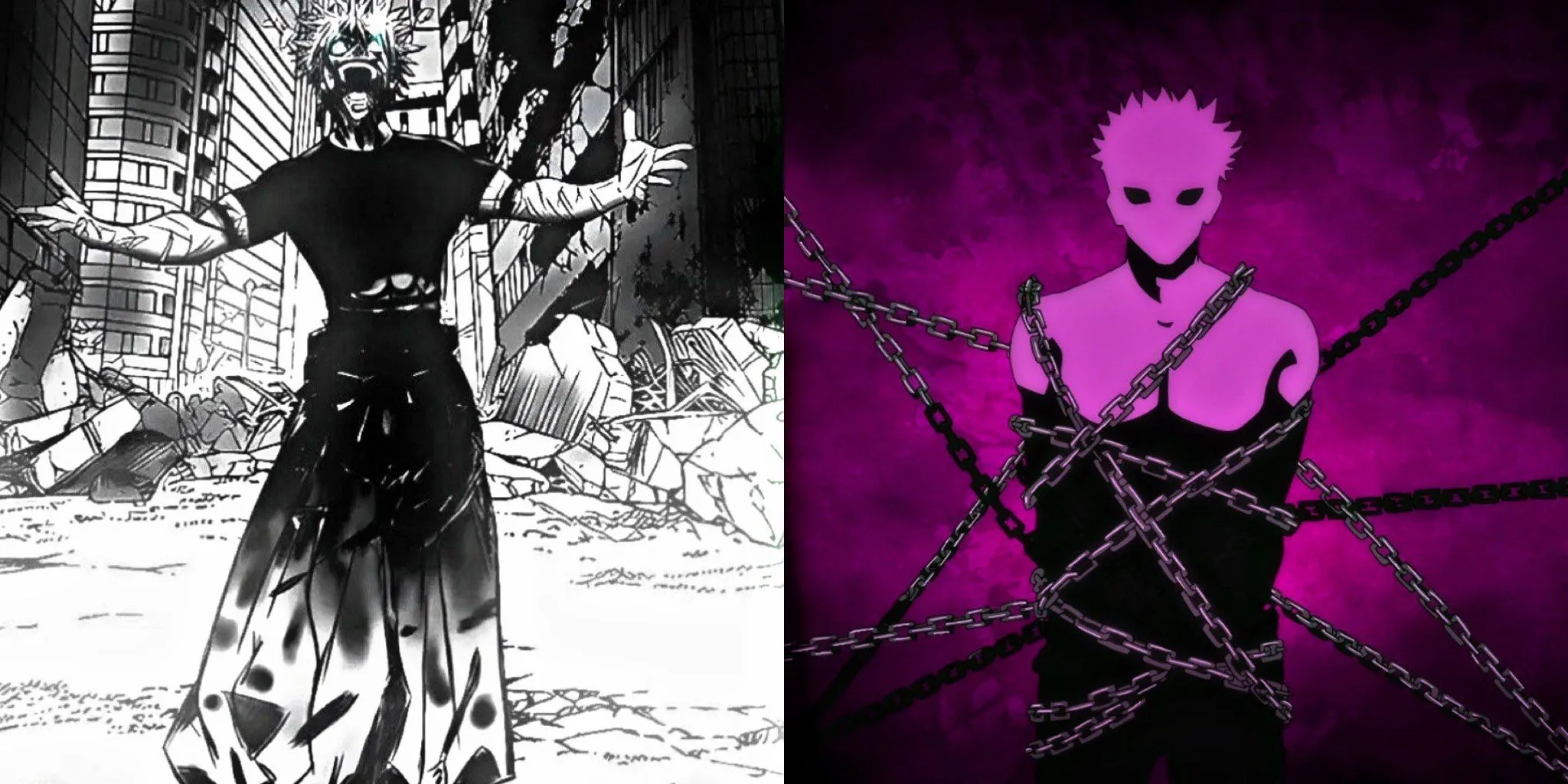

Binding vows consist of contracts forged with cursed energy, delineating strict rules in return for advantages. These agreements operate on a reciprocal system: when a sorcerer imposes a limitation upon themselves, they receive enhanced capabilities. Nevertheless, the repercussions of breaking a vow are severe. For those that are self-imposed, the user swiftly forfeits any advantages gained. In contrast, violations of interpersonal vows carry unpredictable yet always dire manifestations.
There are two primary categories of binding vows: self-imposed and inter-personal agreements. Each type carries its unique implications and consequences.
- Self-Binding Vows: This type functions as a wager with one’s own cursed energy. The premise is straightforward: sacrifice something to receive a reward. The severity of the self-imposed restriction typically correlates with the magnitude of the power gained. For instance, a sorcerer might purposefully weaken themselves temporarily for a short burst of powerful cursed energy later. However, breaching this vow results in an immediate loss of all enhancements acquired.
- Normal Binding Vows: These are more complex, as they require consent from the involved parties. The stakes for breaking these agreements are significantly higher compared to self-binding vows. Since the interpretation of the conditions can vary from each individual’s perspective, the consequences are often unpredictable, but invariably severe for anyone who fails to adhere to the terms.
Sukuna’s Binding Vows and Their Effects
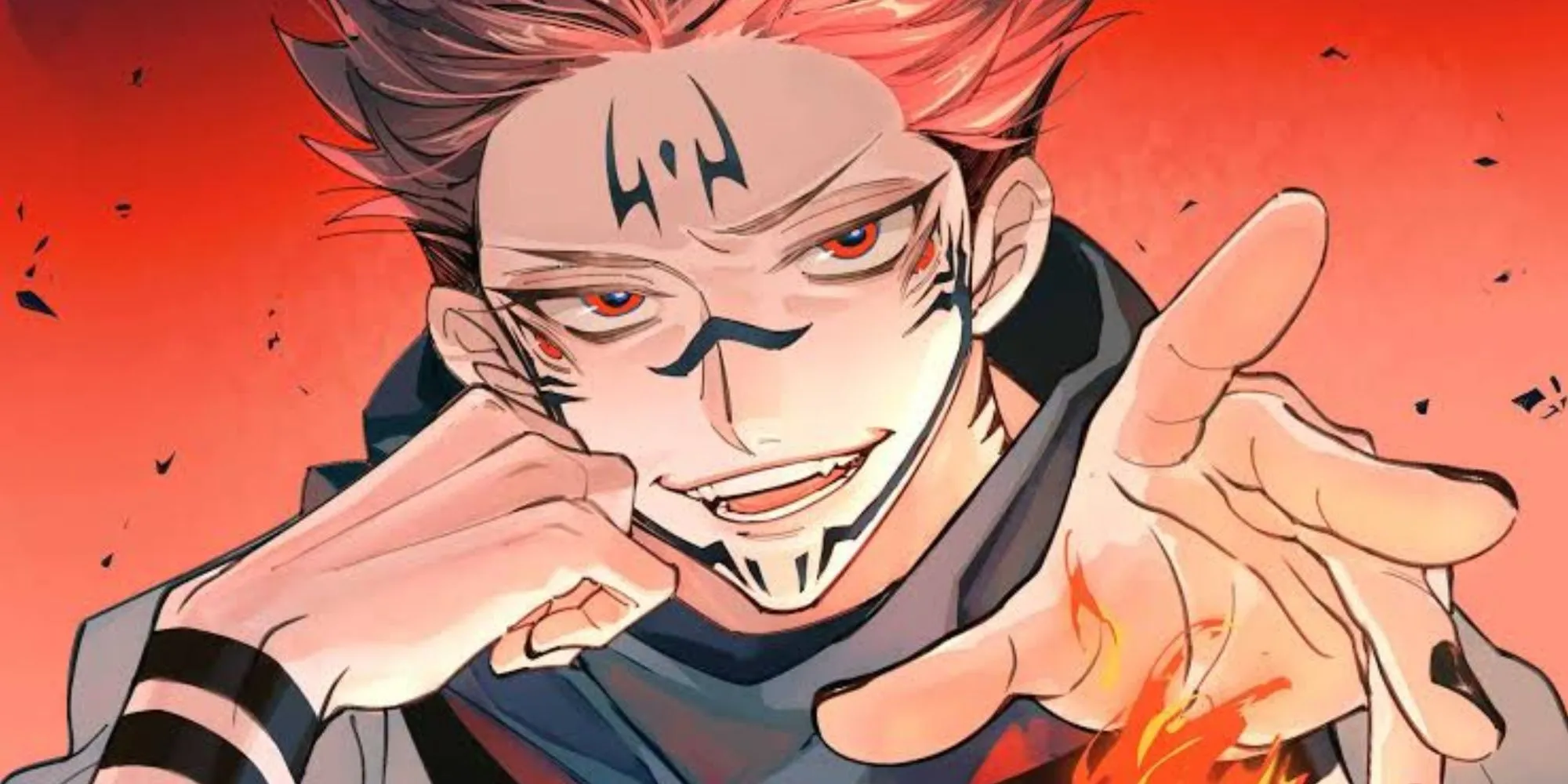
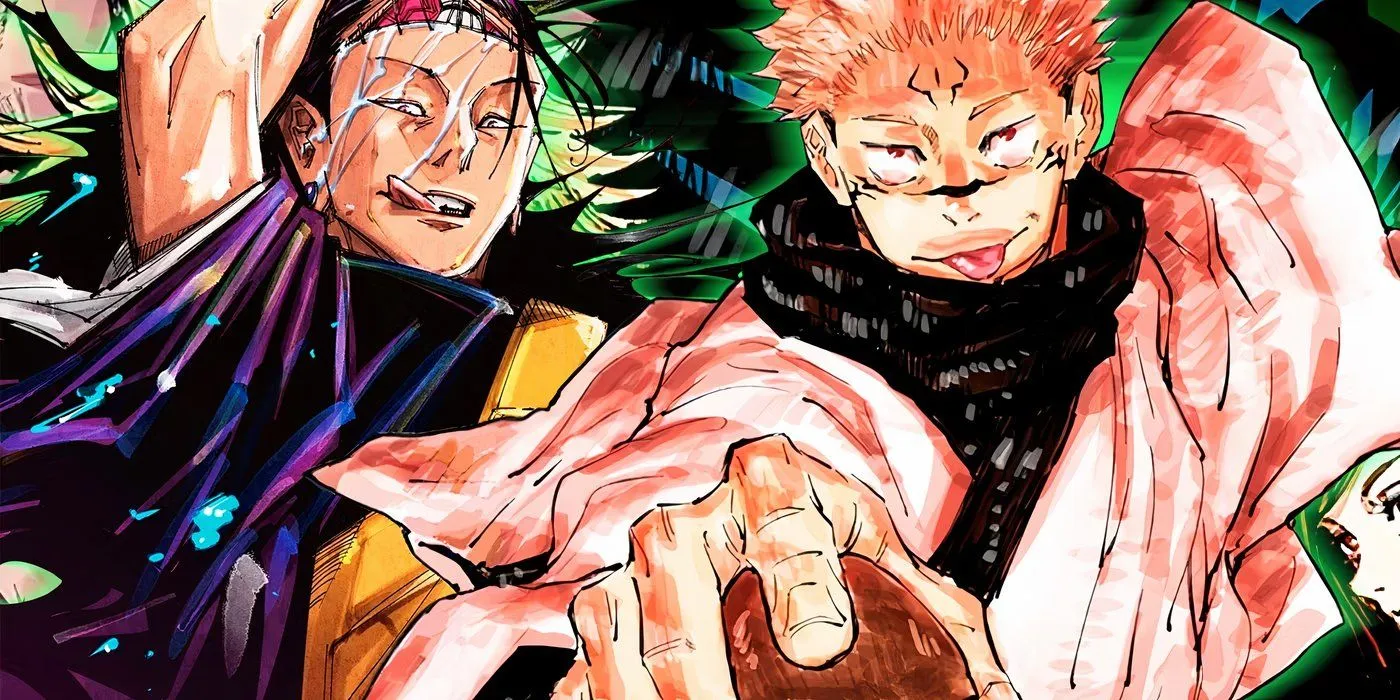
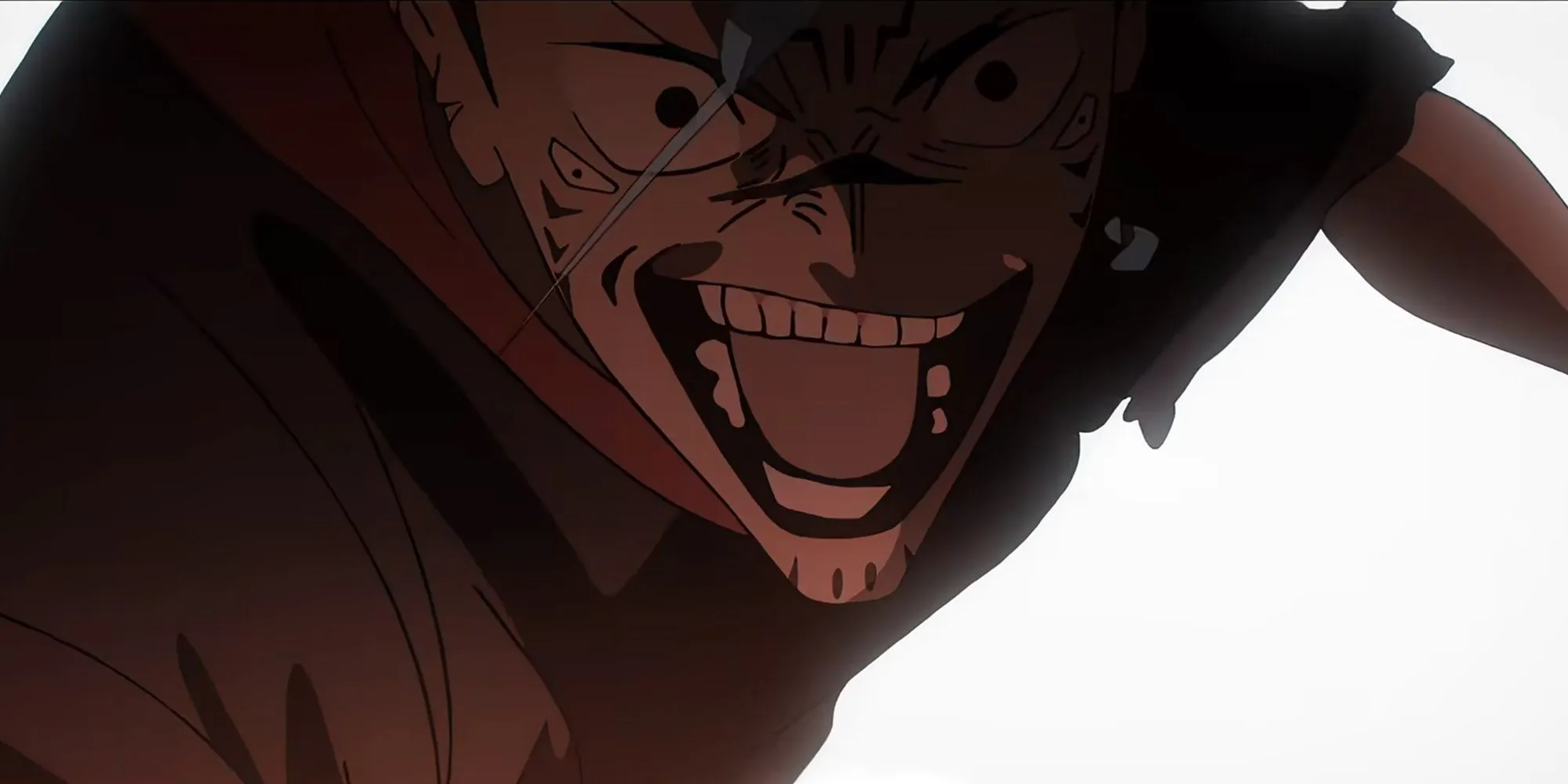
Sukuna does not merely utilize binding vows; he weaponizes them. Each vow he formulates is a tactical decision crafted to bolster his power or ensnare his opponents. Below is a breakdown of some of his notable binding vows, highlighting when they were made and their pivotal effects on battles.
Enhancing World-Dismantling Slashes
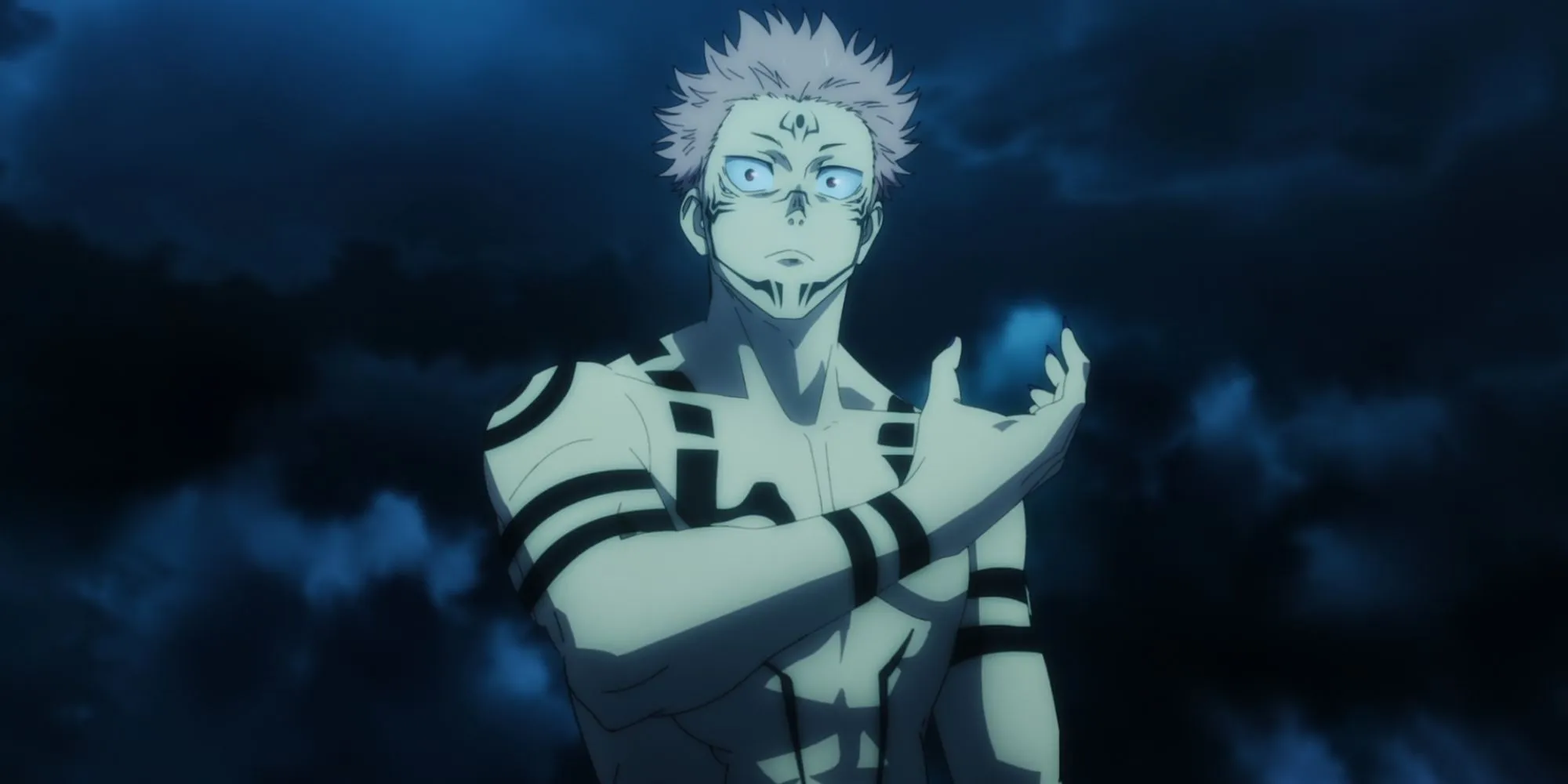
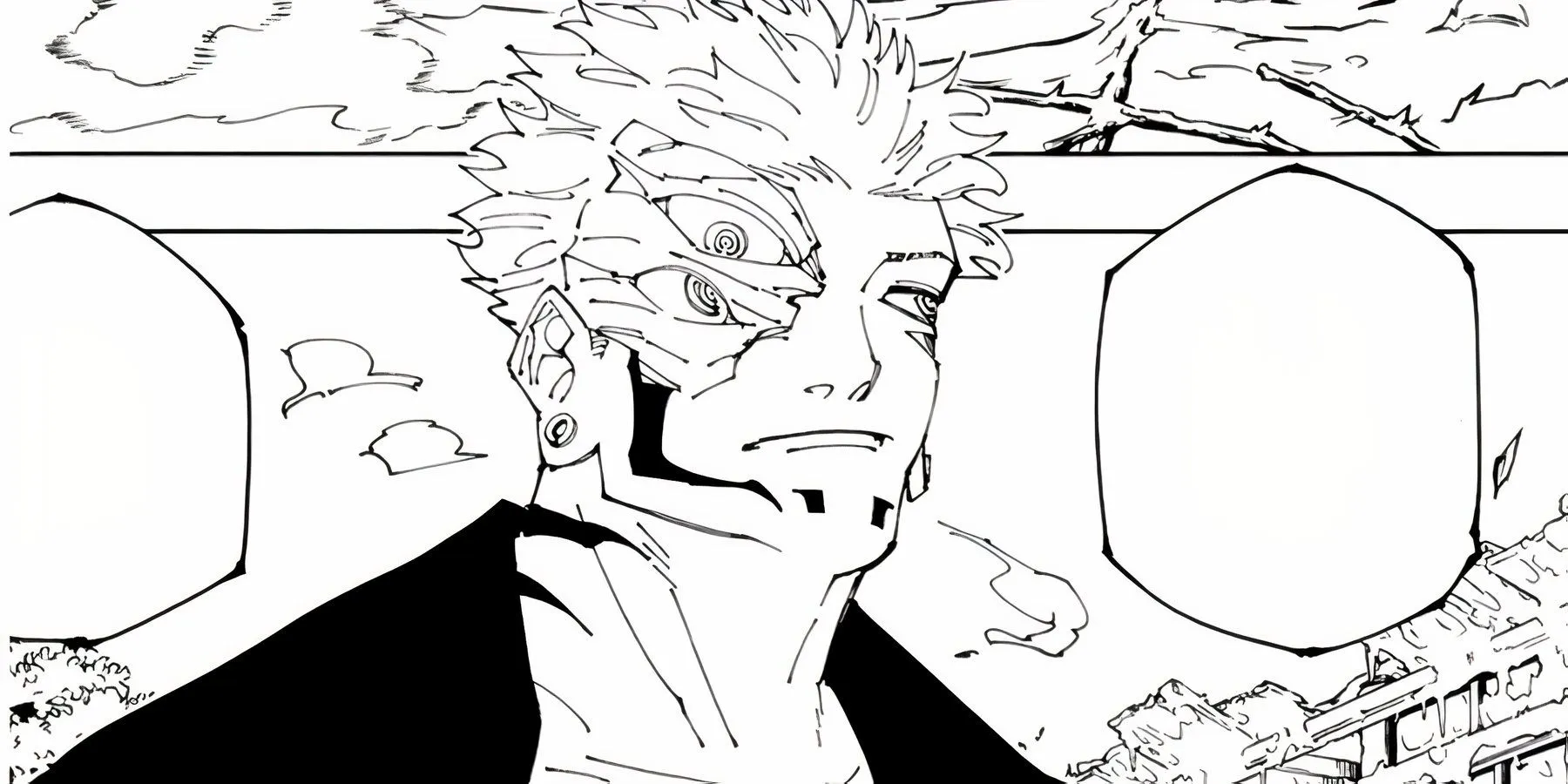
| Chapter | Name |
|---|---|
| 255 | Inhuman Makyo Shinjuku Showdown, Part 27 |
Sukuna’s signature attacks, Dismantle and Cleave, are governed by specific activation conditions. To circumvent these rules against Satoru Gojo, Sukuna adopted a binding vow requiring him to chant incantations and manually direct his attacks for future uses. This strategic exchange allowed him to sidestep the usual limitations exactly when he required it most.
Prolonging Domain Expansion
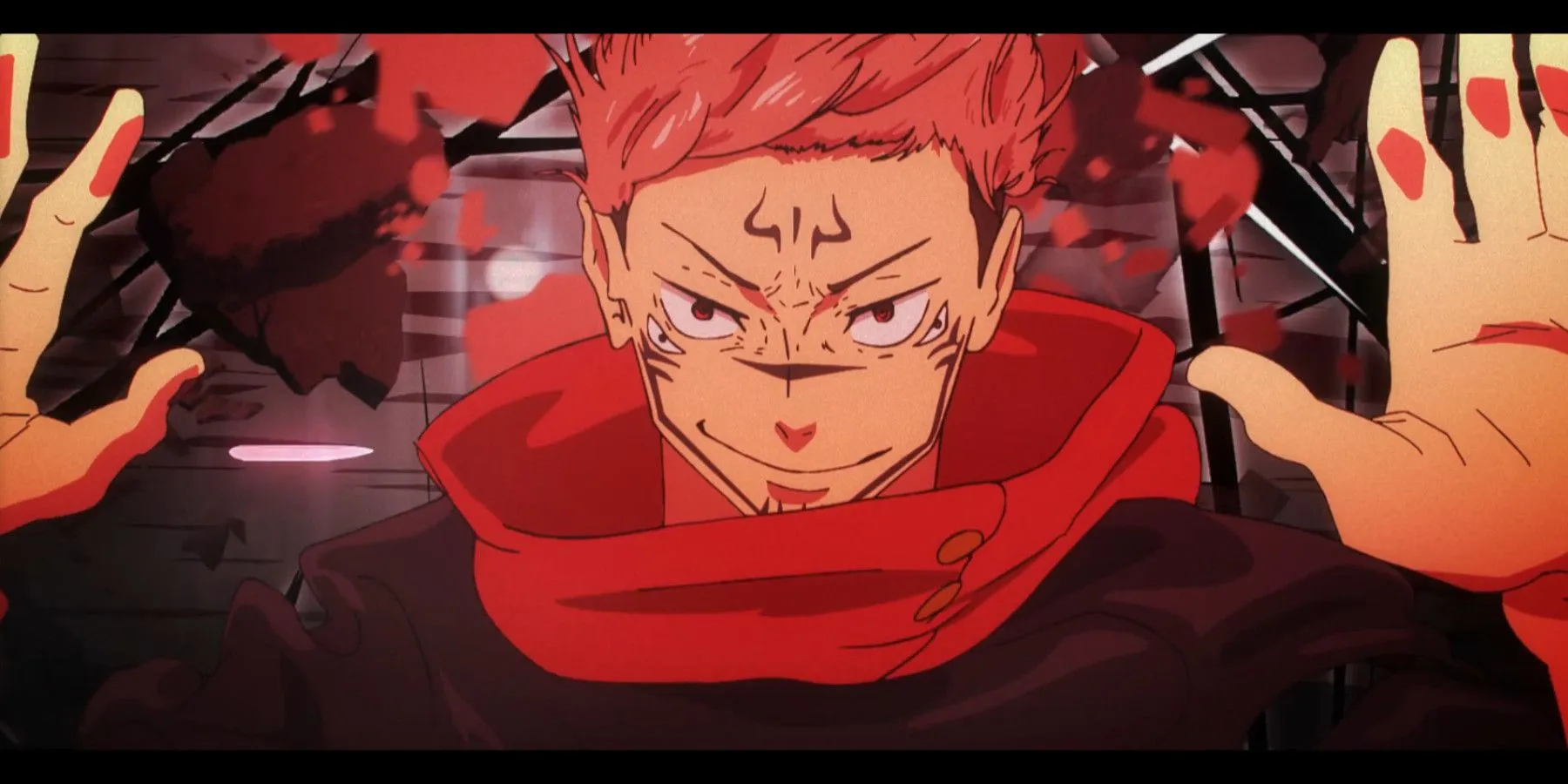
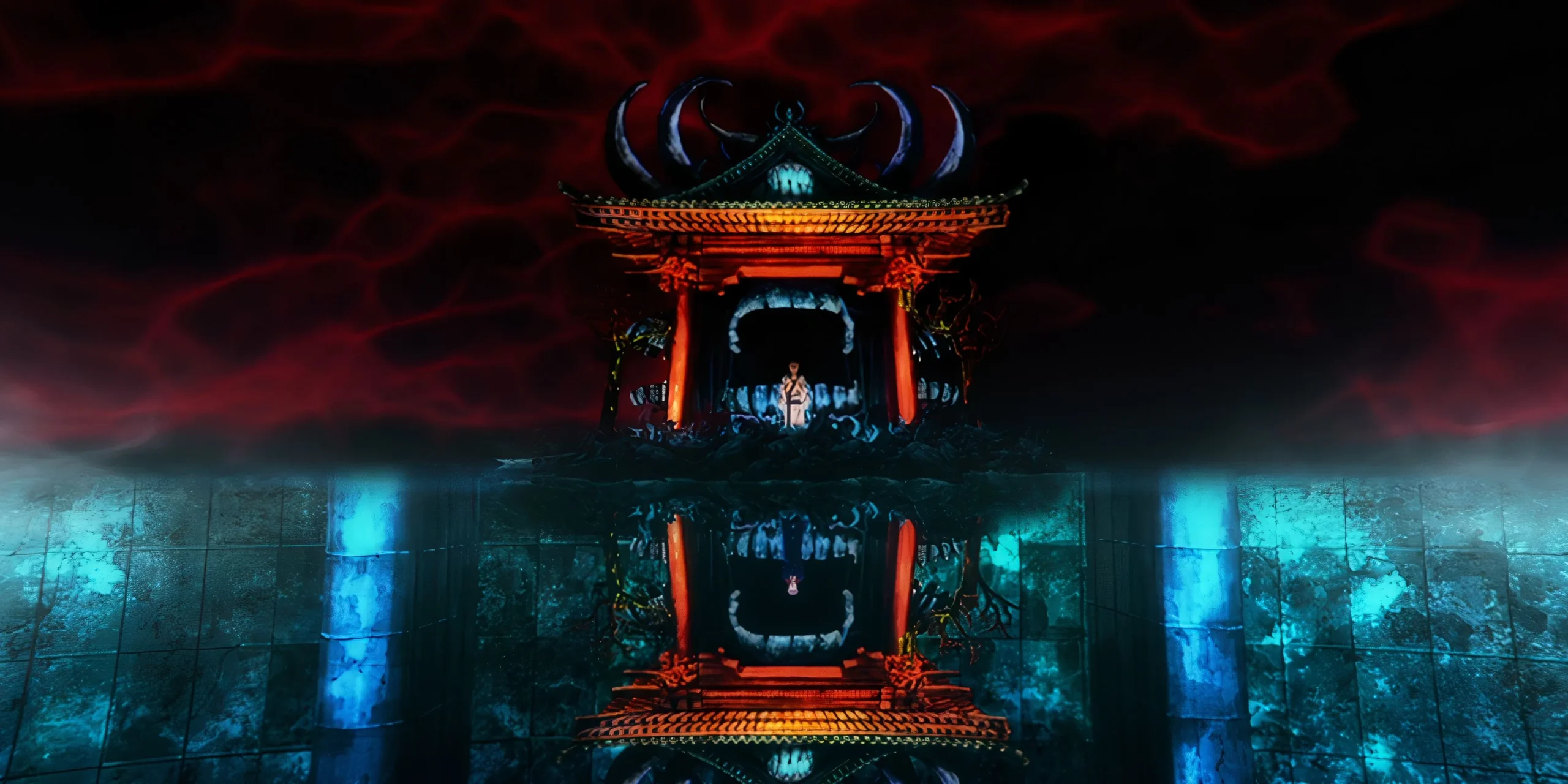
| Chapter | Name |
|---|---|
| 258 | Inhuman Makyo Shinjuku Showdown, Part 30 |
Generally, a domain expansion weakens over time, either in range or output. However, Sukuna discovered a workaround. By adjusting his hand signs and utilizing an undamaged part of his brain for cursed techniques, he forged an improvised vow that allowed him to sustain the Malevolent Shrine at its full potency for a remarkable 99 seconds.
Advancing Divine Flame Techniques
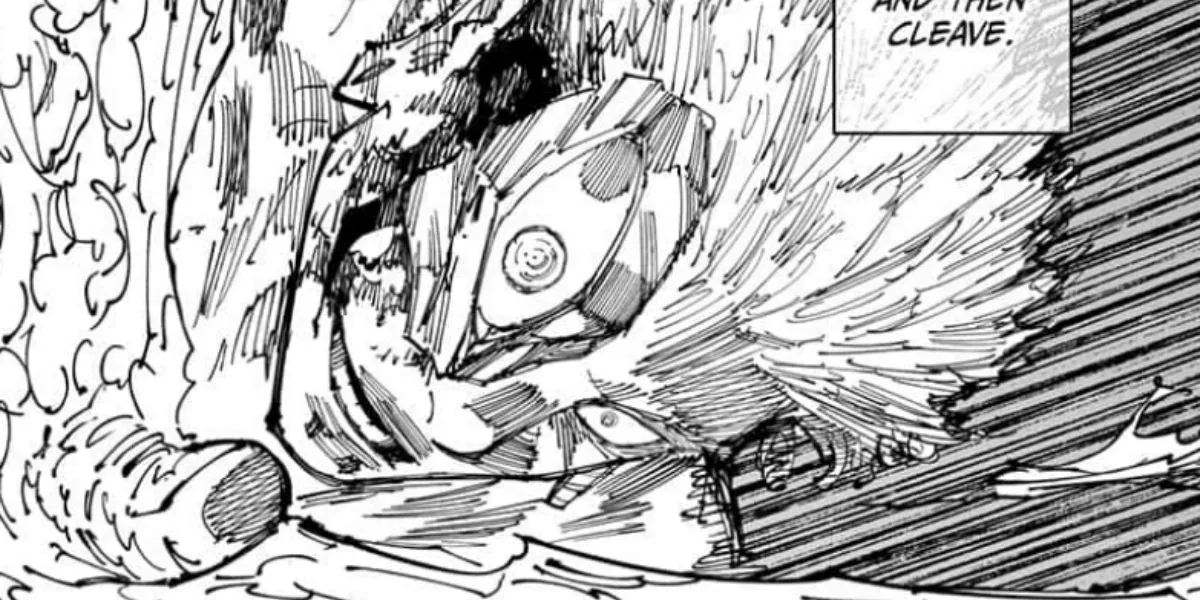
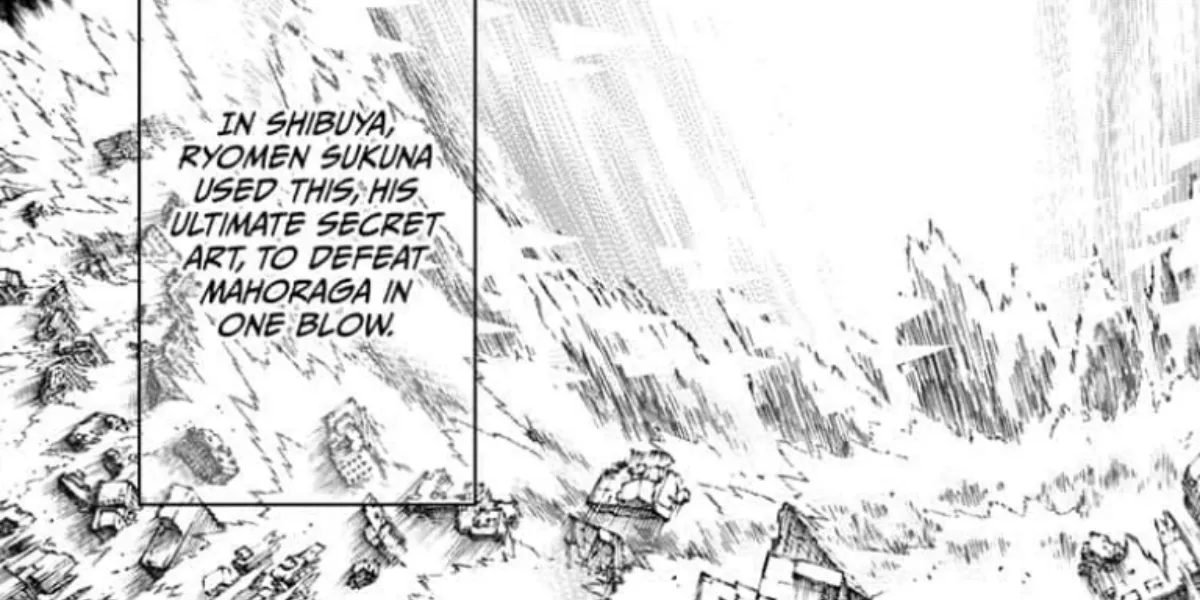
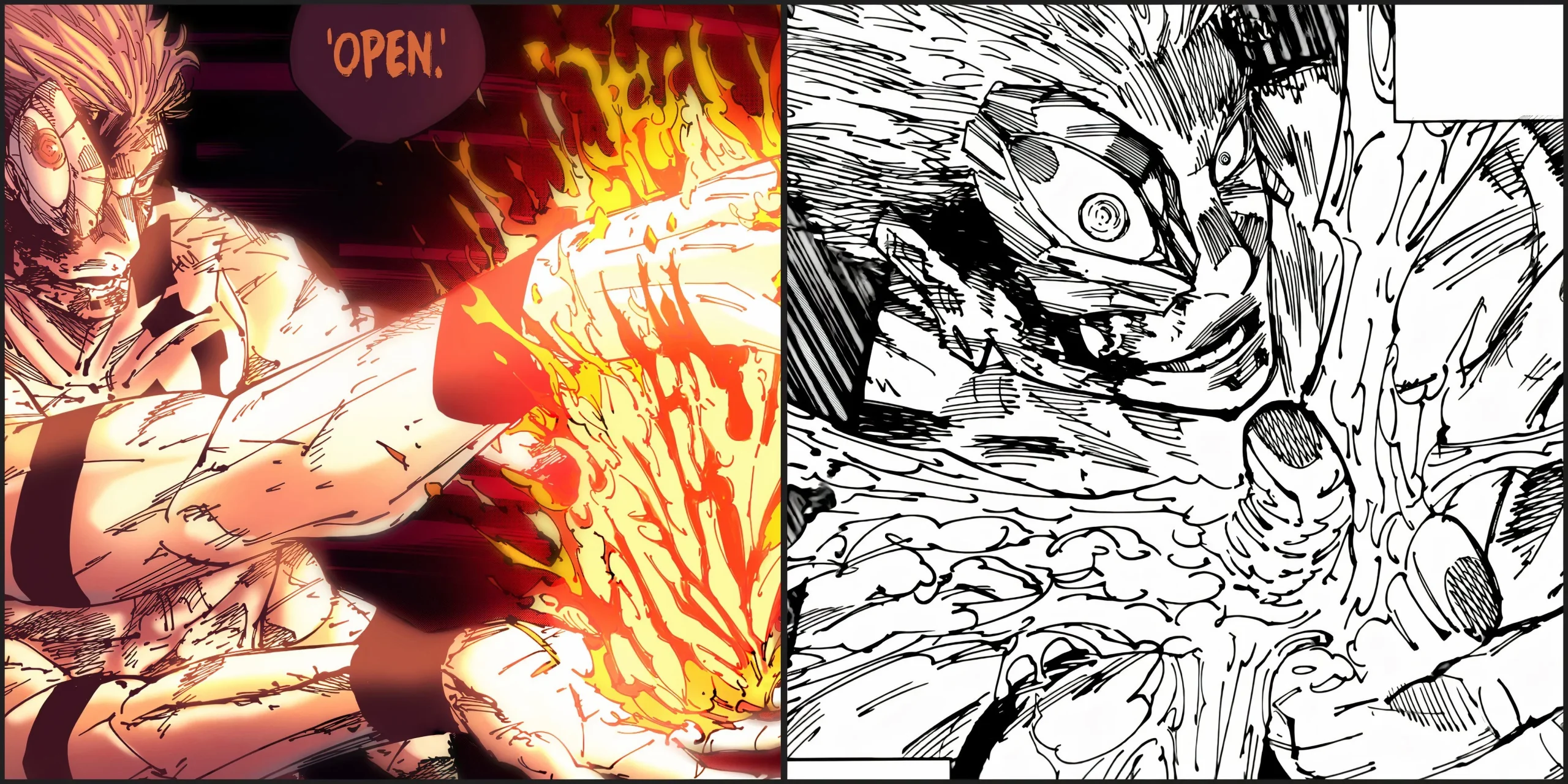
| Chapter | Name |
|---|---|
| 259 | Inhuman Makyo Shinjuku Showdown, Part 31 |
Another significant enhancement came through a binding vow that upgraded Sukuna’s Divine Flame technique. The stipulation was that he could only use it against singular targets—except when within his domain. The benefit was a drastic expansion of his domain’s capacity, transforming every particle within it into a thermobaric explosive that detonates upon contact with cursed energy.
The “Enchain” Pact with Yuji
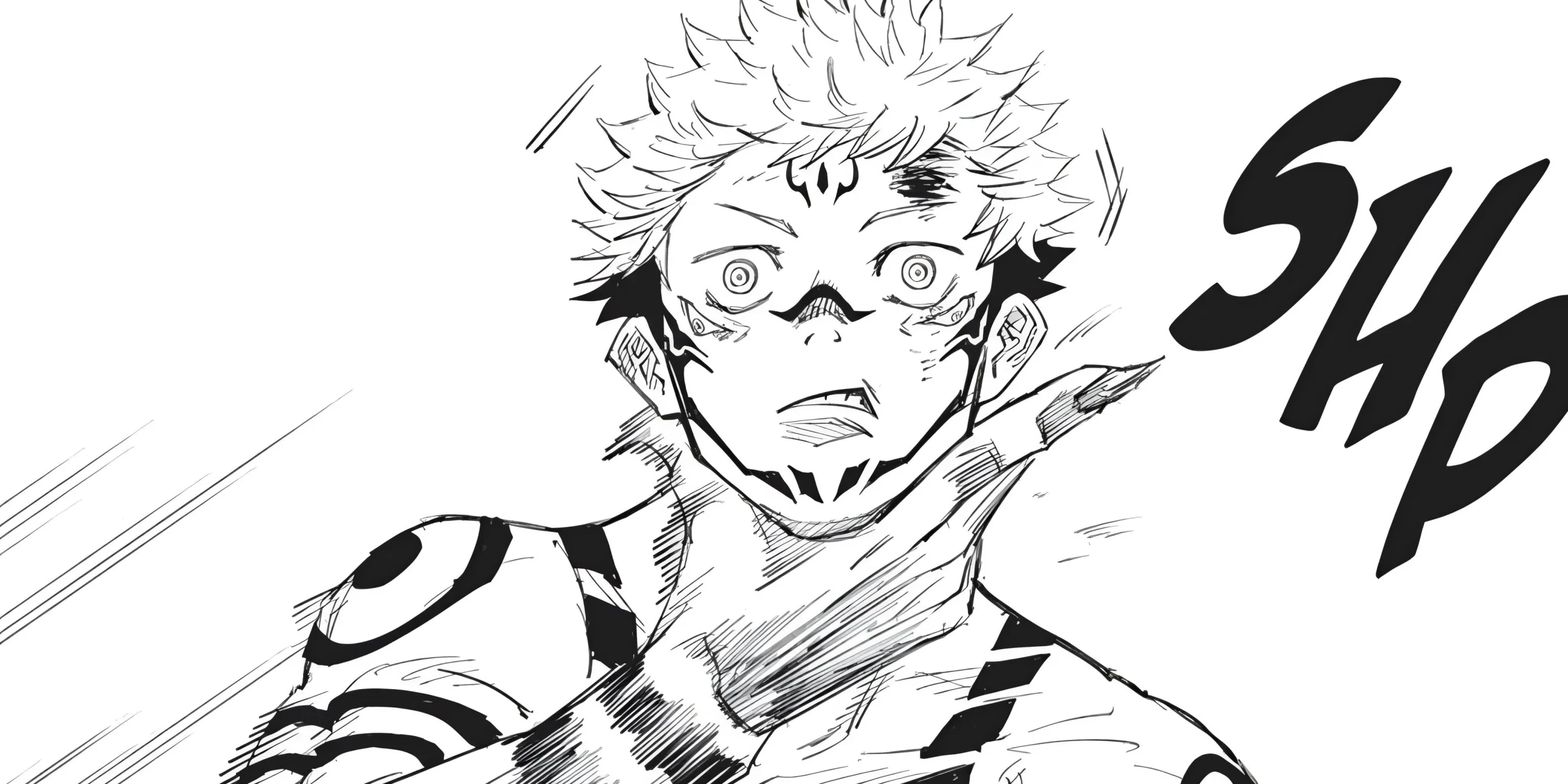
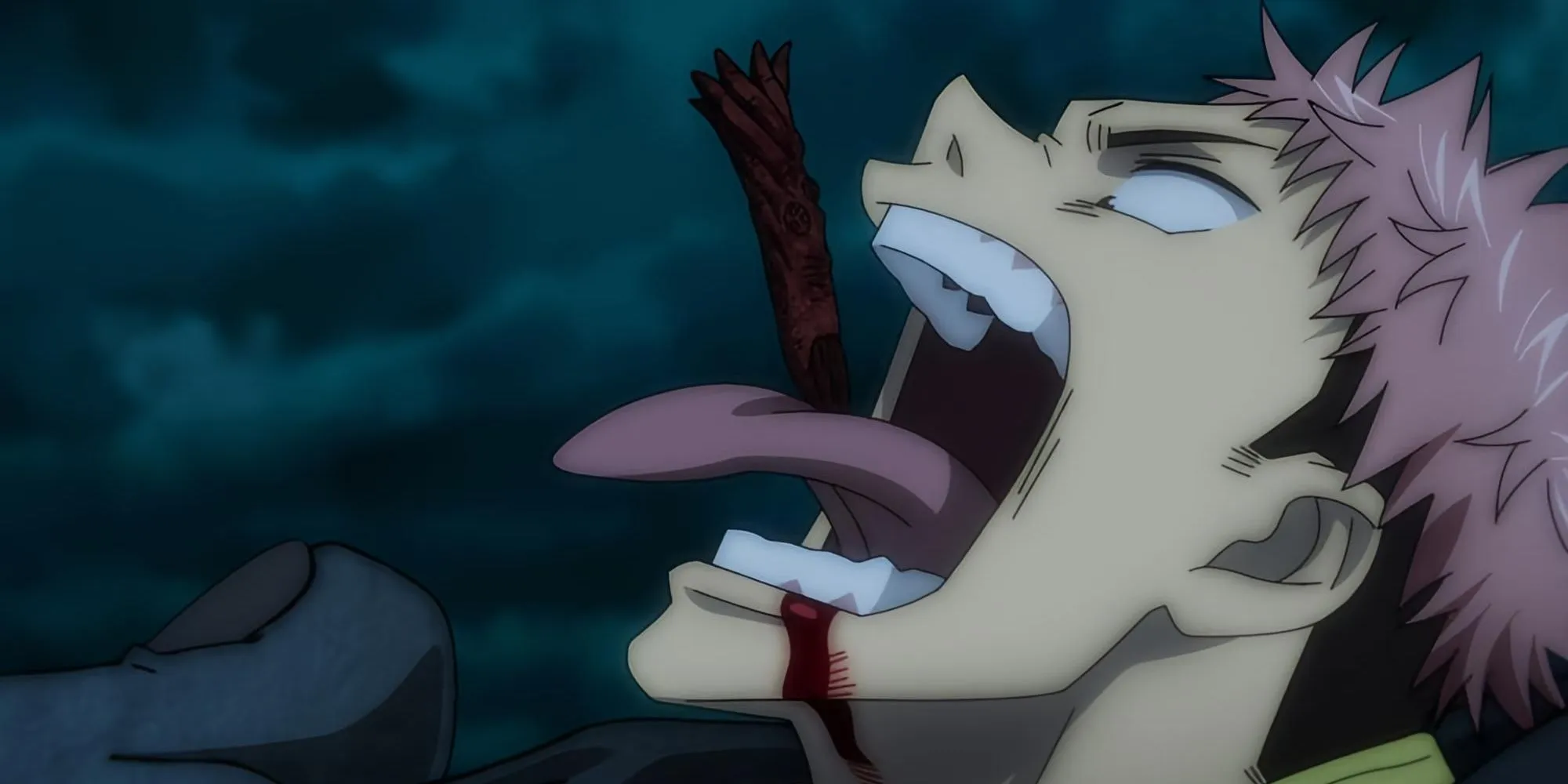
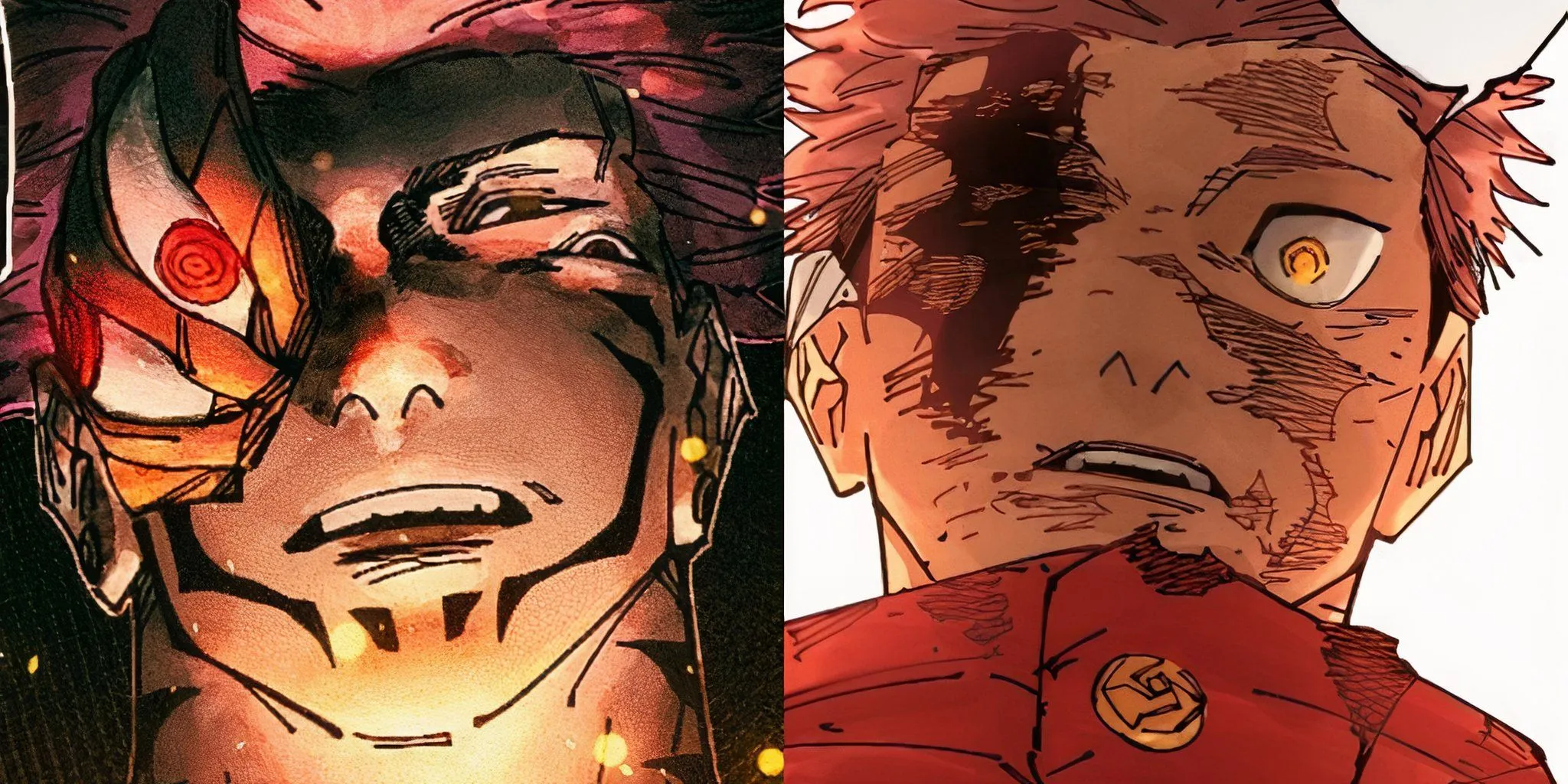
| Chapter | Name |
|---|---|
| 11 | A Dream |
| Episode | 6 (Anime) |
One of Sukuna’s most notorious binding vows was established when Yuji Itadori temporarily succumbed to death. Although Yuji initially resisted, Sukuna compelled him into a life-or-death match and ultimately achieved victory, binding their fates together.
The ramifications of this vow became painfully evident when Sukuna utilized “Enchain”to hijack Yuji’s body, seize one of his fingers, convert it into a cursed object, and forcibly introduce it to Megumi Fushiguro. This maneuver not only allowed Sukuna to abandon Yuji’s vessel but also enabled him to take control of Megumi instead.
While other sorcerers might hesitate, Sukuna embraces risk, setting conditions that enable him to vanquish even the mightiest foes. Each vow he makes is designed to conquer the battlefield, manipulate the tenets of jujutsu to his advantage, and ensure that no one, not even extraordinary sorcerers like Gojo, can match his prowess.
